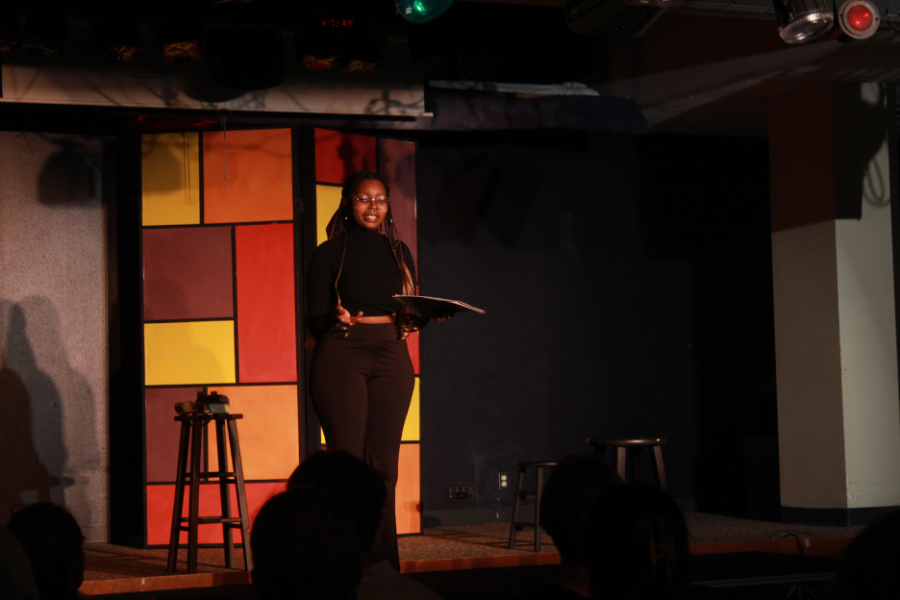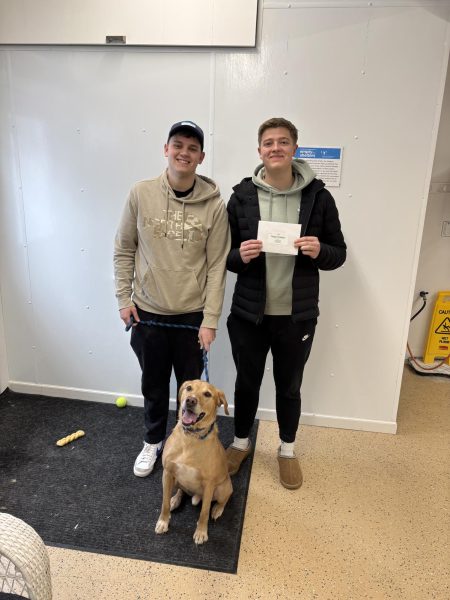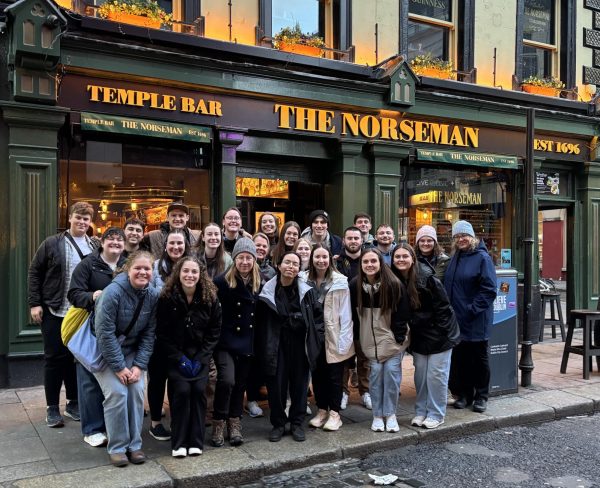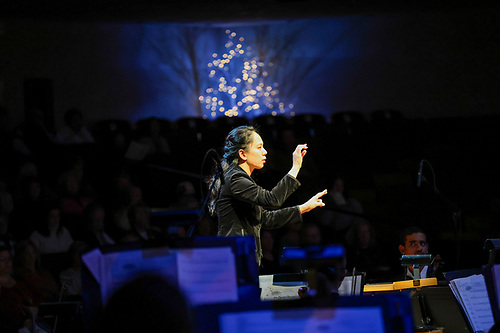Everything in Between
What used to be the Vagina Monologues is now called the Everything In Between Monologues, an event organized by the Intersectional Feminist Club (IFC). This year’s monologues revolved around the theme of communication and took place in Marty’s on Tuesday, May 2.
The show consisted of a group-performed poem that was broken up by individual performances, like that of Grace Vuckovich (‘25) who performed the piece “Why didn’t you just call him no?” written by Rory Wisgerhof.
“It hits hard,” Vuckovich said. “It covers such a wide range of serious issues: racism, sexual assault, body image issues, struggling with your sexuality.”
Since the Vagina Monologues, the predecessor of the Everything in Between Monologues, was, as IFC President Tala Nengola (‘23) pointed out, a very white, cis-women-centered event, the IFC has tried to adapt the concept with a more inclusive spin. Still, the idea of Eve Ensler, on whose interviews with over 200 women the Monologues were based on, remains a heavy influence.
Now, though, students have the chance to submit pieces of art and writing to contribute, anonymously or with credit, or to participate in other ways.
Cassandra Norton (‘24) co-directed the event with Rosie Baldus (‘25). Norton accidentally happened upon the opportunity to co-direct through a connection with Baldus, who had been chosen already to direct. Norton expressed appreciation for the experience.
“The idea of having a show that’s whole purpose is to express identity and what it means to be a person opens the door for a lot of creativity,” Norton said. “I definitely felt a lot of my creativity come back to life.”
Norton had first seen the Monologues as a freshman and from thereon wanted to participate. But, she could only submit pieces because of her study-abroad.
As both the president of the IFC and a performer, Nengola was involved from start to finish in the production. Her first experience with the monologues happened in a similar way to Norton’s. She hopes some attendees this year will equally appreciate the performance and want to participate next year.
“The idea is just having a platform for people of all gender identities, all races, and all experiences generally to perform, or share, or experience those performances with an audience,” Nengola said.
Since providing this more diverse space, the organizers hope to also attract an audience that is willing to listen.
“This is a space where you can get a pretty solid entry-level mix of everything and hopefully you are able to engage with it and then take it further in your own life,” Nengola said.
The normally bustling Marty’s was unusually silent for the half-hour long performance that had performers speak without microphones. The audience was instructed to hold their applause until the end. Norton explained the intentionality behind the production choices.
“We structured the show to kind of feel like a friend confiding in you, and my goal is that it gets people to think about how they confide in other people, or how their friends confide in them and being someone who is receptive to people’s needs,” Norton said.
Providing a space for conversations around such topics is something that the IFC provides through their bi-weekly meetings on Sundays at 7pm in the Mott room as well.
“It’s really important to have a space to have more intimate conversations,” Nengola said.






